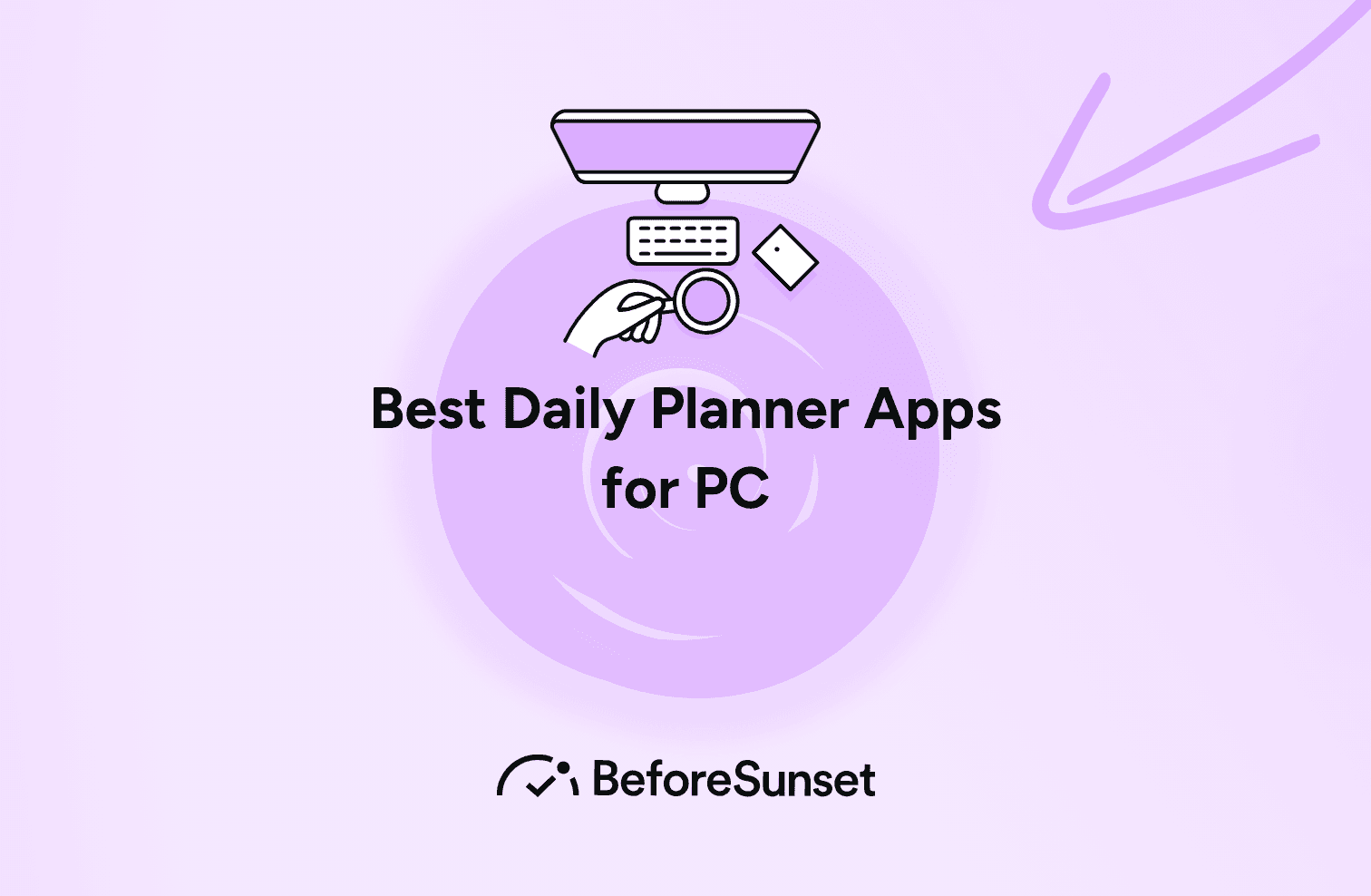In the whirlwind of daily life, staying organized and productive can feel like a constant battle. Juggling to-do lists, appointments, personal projects, and even a shopping list can leave you feeling overwhelmed and behind schedule. But fear not, there's a powerful weapon in your arsenal: daily planning.
What is Daily Planning?
Daily planning is the strategic process of laying out your tasks, goals, and schedule for a specific day. It involves:
Identifying your priorities: What are the most important things you need to accomplish today?
Creating a to-do list: Breaking down your priorities into actionable steps.
Scheduling tasks: Assigning specific time slots for each task on your list.
Anticipating challenges: Identifying potential roadblocks and planning how to overcome them.
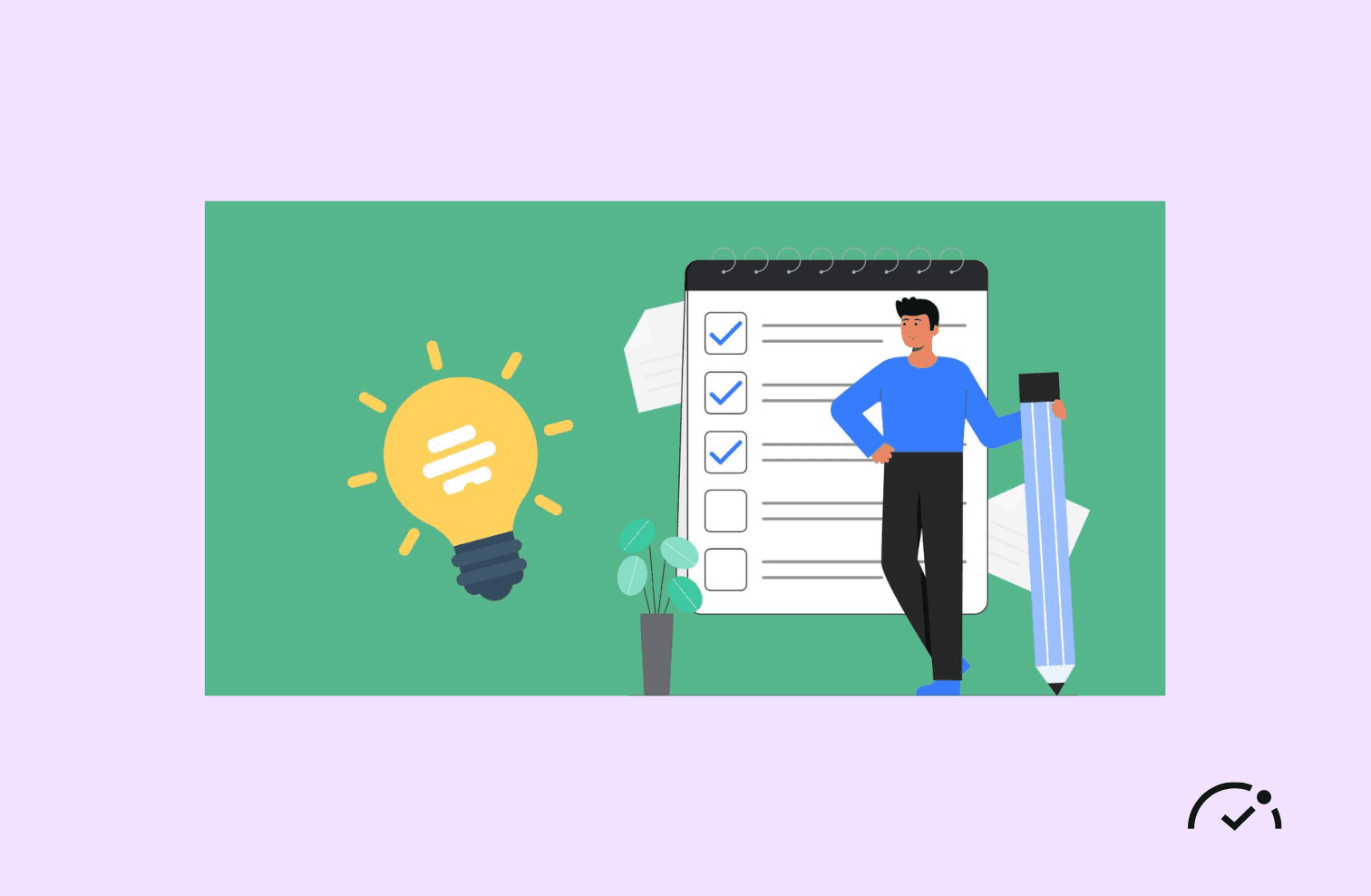
You might also like:
Why Daily Planning Matters
The benefits of daily planning on PC are undeniable:
Enhanced Productivity: By creating a clear roadmap for your day, you minimize procrastination and maximize your focus. No more bouncing between tasks or wasting time wondering what to do next.
Reduced Stress: Feeling overwhelmed by a chaotic schedule is a recipe for stress. Daily planning brings clarity and control, allowing you to tackle your workload with a sense of calm.
Improved Time Management: Ever feel like there just aren't enough hours in the day? Daily planning helps you allocate time effectively, ensuring you dedicate sufficient attention to each task, including daily chores.
Boosted Focus: By prioritizing tasks and scheduling them for specific times, you train your brain to concentrate on the current task at hand, minimizing distractions.
Accomplishment Tracking: The satisfaction of checking completed tasks off your list is a powerful motivator. Daily planning allows you to track your progress on both active projects and individual tasks, and celebrate your achievements.
Reduced Reliance on Memory: We all have forgetful moments. Daily planning acts as a reliable external memory, ensuring important tasks (like picking up groceries or attending a meeting) don't slip through the cracks.
The PC Advantage: Daily Planning Apps Take You Further
While traditional pen-and-paper planners have their place, PC-based daily planning apps offer a wealth of additional benefits:
Organization and Flexibility: Digital planners allow you to easily categorize tasks by project or type (e.g., personal, work), set unlimited reminders, and drag-and-drop tasks to adjust your schedule on the fly, even for weekly planning.
Integration with Existing Tools: Many daily planning apps seamlessly integrate with your calendar (like Google Calendar), email, and other productivity tools, creating a unified workflow. Collaboration on projects becomes easier with features like shared task lists and real-time updates.
Collaboration Made Easy: Working on projects with others? Some apps facilitate collaborative tasks, task sharing, real-time updates, and communication within the platform.
Advanced Features: From habit tracking and time tracking tools to custom themes and auto-scheduling features, daily planning apps cater to diverse needs and preferences. Some even offer powerful features for managing third-party calendars.
Accessibility and Portability: Access your daily plan from any device, whether your desktop PC, laptop, or even your smartphone. Never be caught without your schedule again, ensuring a smooth transition between work and personal life.
Daily planning is a cornerstone of effective personal and professional organization. By leveraging the power of PC-based daily planning apps, you can transform your approach to task management, reclaim control of your time, and achieve peak productivity.
In the next part of this blog series, we'll delve deeper into the world of daily planner apps, exploring some of the best options available for your PC. We'll compare features, highlight functionalities, and help you find the perfect app to supercharge your daily planning journey!
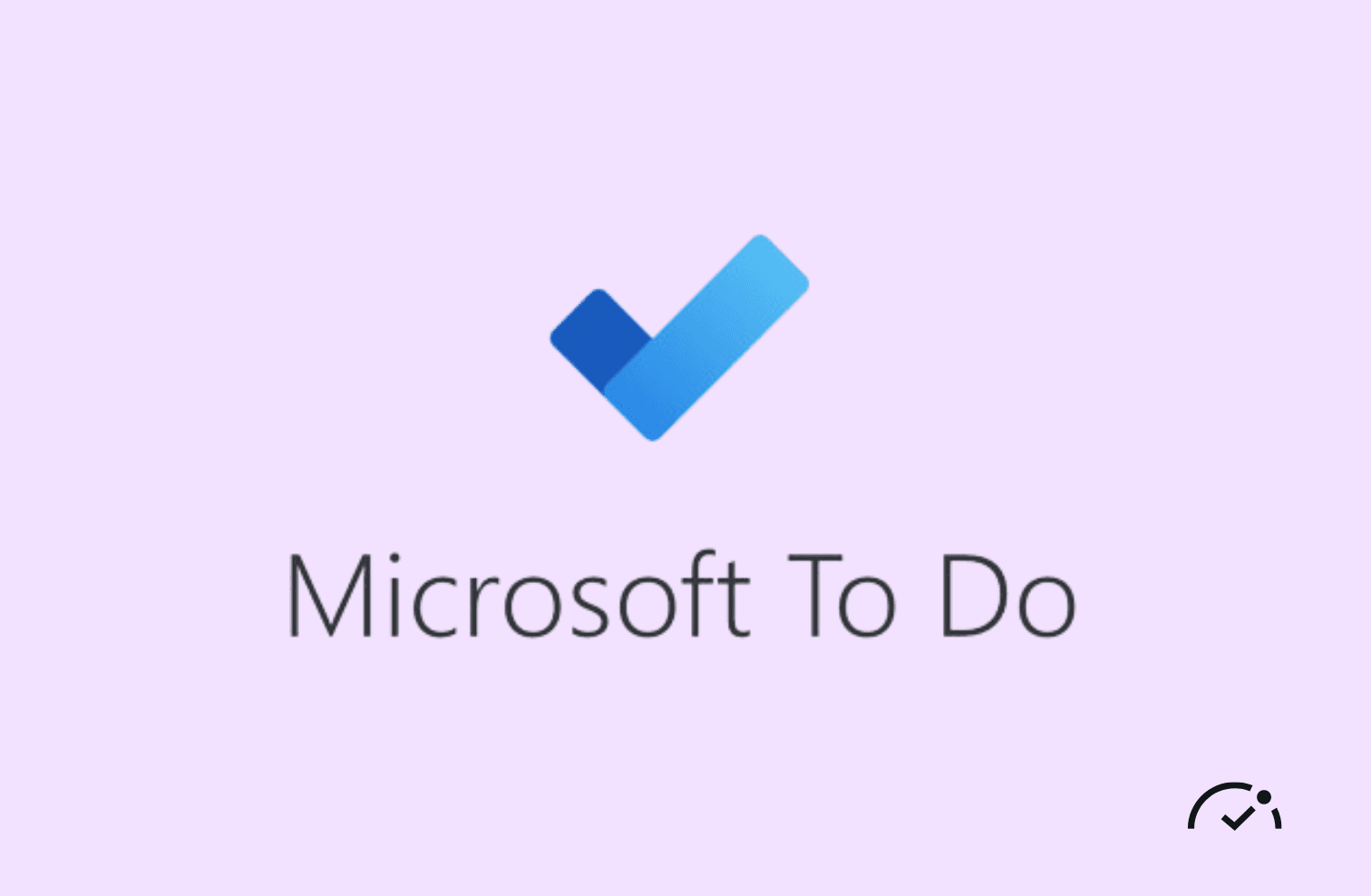
Microsoft To Do is a free task management app that helps you stay organized and productive. With To Do, you can create lists, set due dates, and add reminders so you never miss a deadline. You can also collaborate with others on shared lists, making it easy to work on projects together.
Features
To Do is packed with features that can help you boost your productivity. Here are just a few of the things you can do with To Do:
Create lists: To Do lets you create as many lists as you need, so you can keep track of everything from work tasks to personal errands.
Set due dates: To Do lets you set due dates for each task, so you always know when something needs to be done.
Add reminders: To Do lets you add reminders for each task, so you never forget a deadline.
Collaborate with others: To Do lets you collaborate with others on shared lists, so you can work on projects together.
Organize your tasks: To Do lets you organize your tasks in a variety of ways, so you can find what you need quickly and easily.
Prioritize your tasks: To Do lets you prioritize your tasks, so you can focus on the most important things first.
Set goals: To Do lets you set goals, so you can track your progress and stay motivated.
Stay focused: To Do lets you stay focused by blocking out time for each task.
Take breaks: To Do lets you take breaks, so you can avoid burnout.
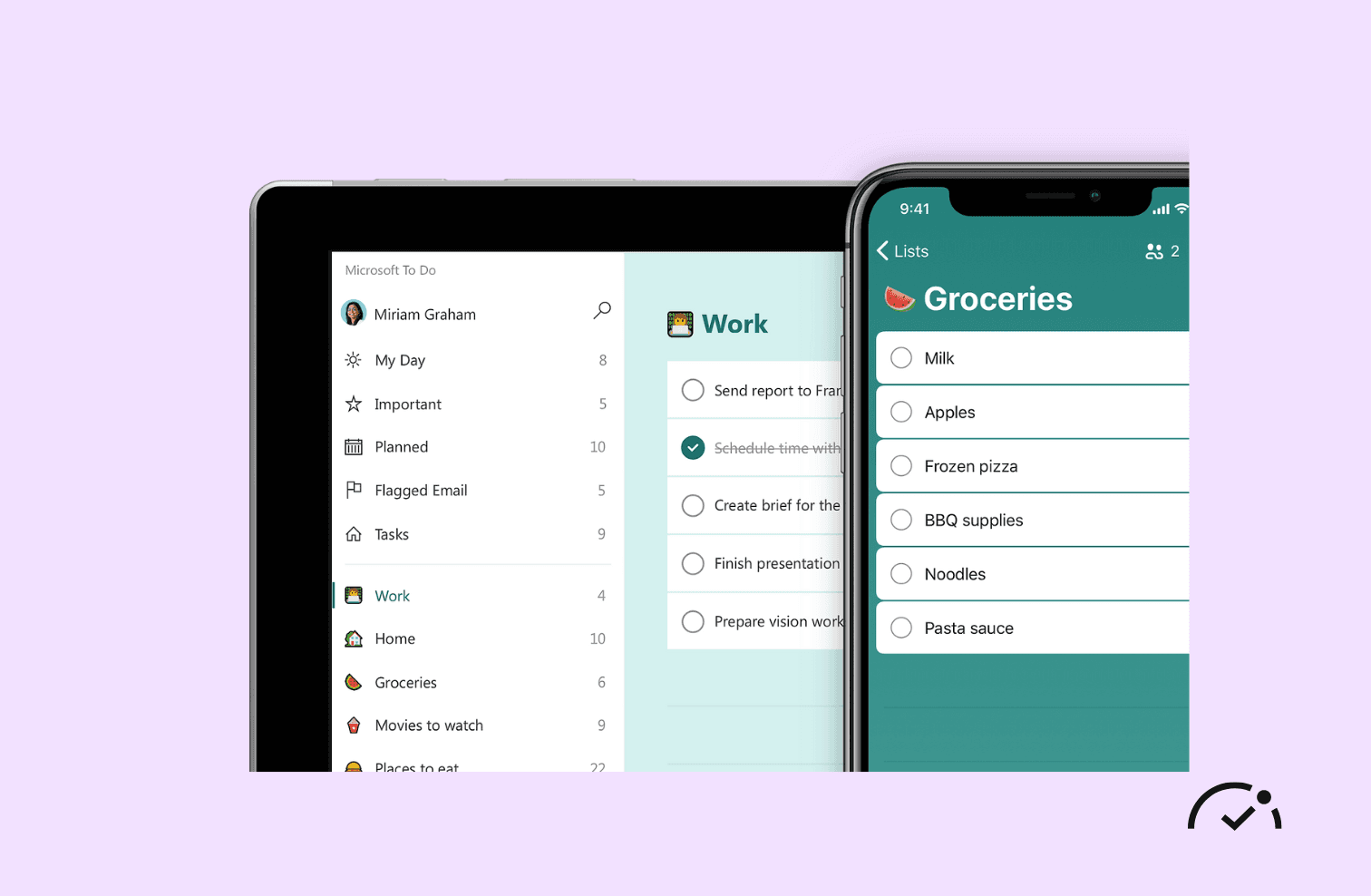
Benefits
Using To Do can offer a number of benefits, including:
Increased productivity: To Do can help you increase your productivity by helping you stay organized and on track.
Reduced stress: To Do can help you reduce stress by helping you manage your workload and deadlines.
Improved time management: To Do can help you improve your time management skills by helping you prioritize your tasks and stay focused.
Increased motivation: To Do can help you increase your motivation by helping you set goals and track your progress.
Getting Started
Getting started with To Do is easy. Just follow these steps:
Download the To Do app from the Microsoft Store.
Create a Microsoft account or sign in to your existing account.
Start creating lists and adding tasks!
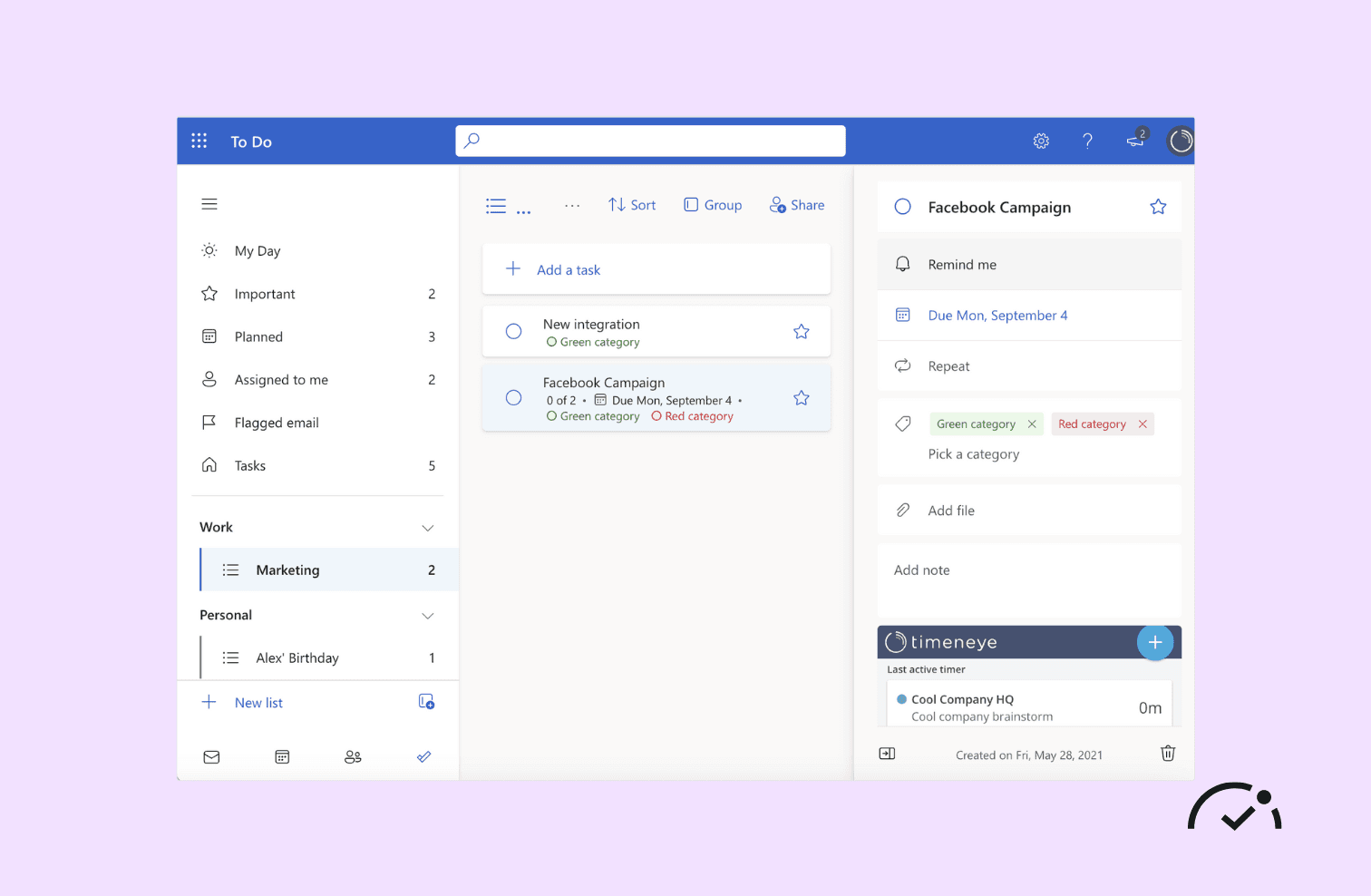
Tips
Here are a few tips for getting the most out of To Do:
Use the different list types to organize your tasks in a way that works for you.
Set due dates and reminders for each task so you never miss a deadline.
Collaborate with others on shared lists to work on projects together.
Use the My Day feature to focus on the most important tasks for each day.
Use the Focus feature to block out time for each task and avoid distractions.
Take breaks to avoid burnout.
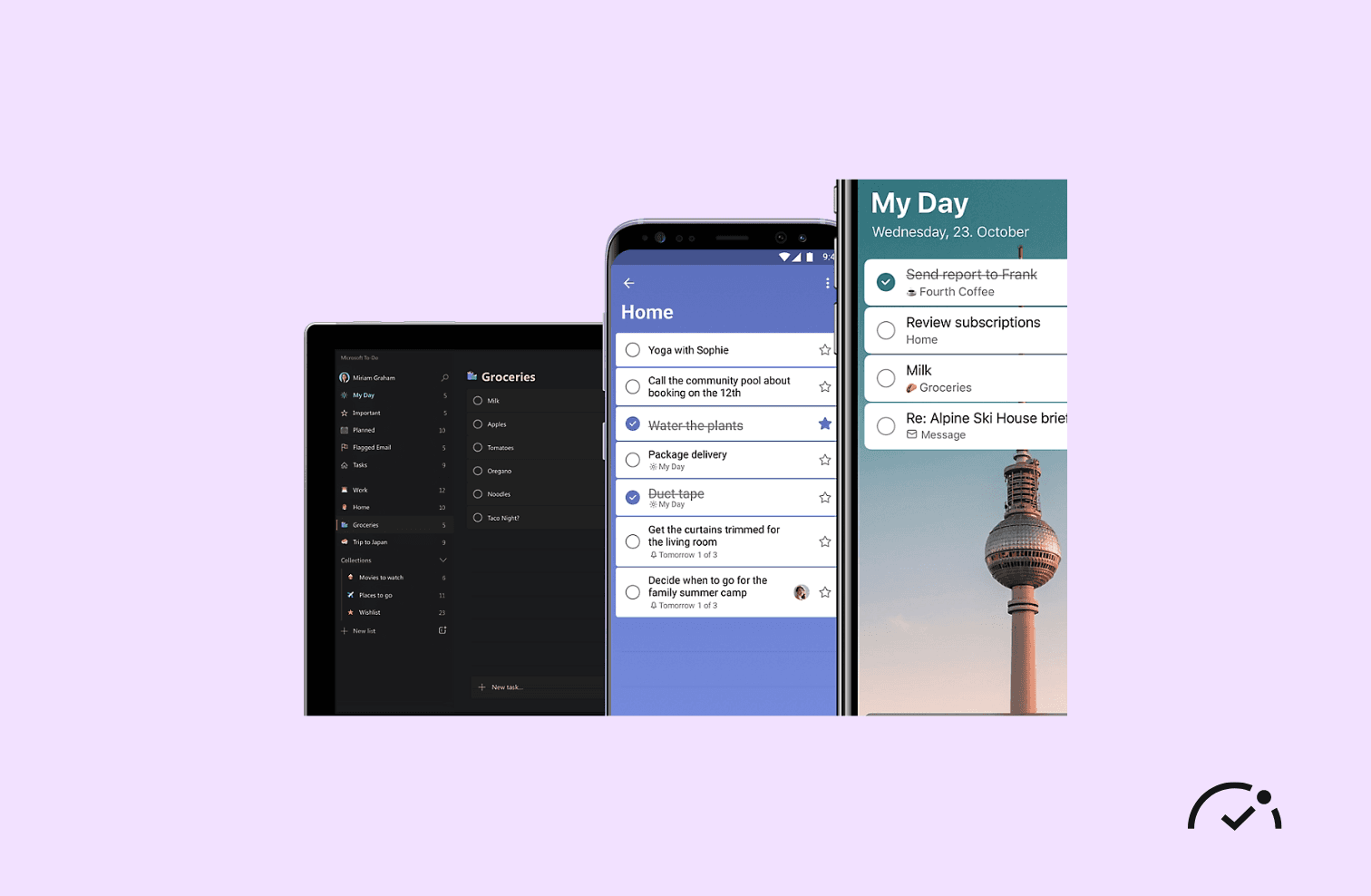
Conclusion
Microsoft To Do is a powerful task management app that can help you boost your productivity. With its many features and benefits, To Do is a great tool for anyone who wants to stay organized and on track.
2. Notion: The All-In-One Workspace
Notion is a powerful all-in-one workspace that can help you take your productivity to the next level. With Notion, you can take notes, manage tasks, and collaborate on projects all in one place.
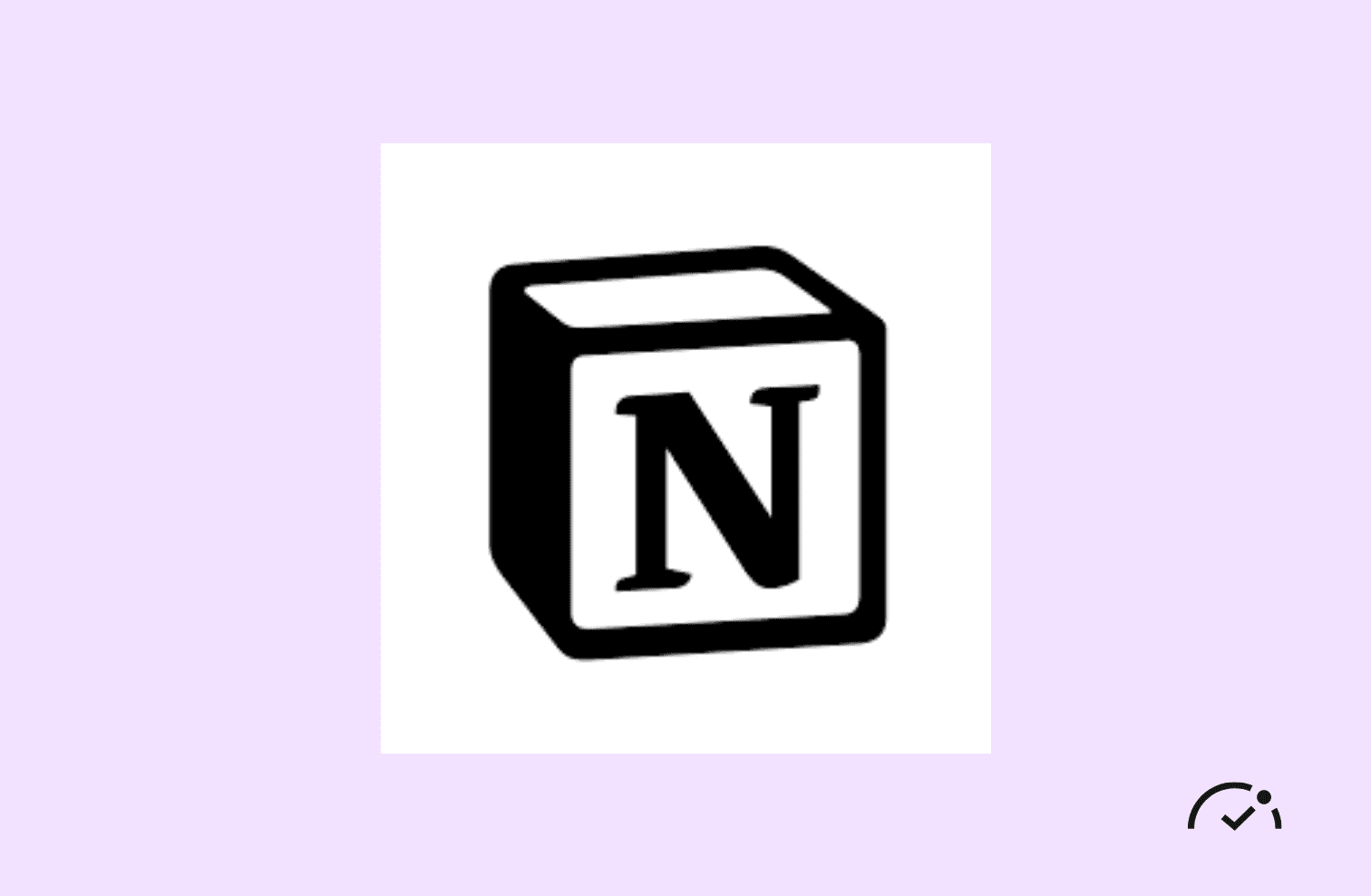
Notion is a versatile tool that can be used for a variety of purposes. Here are just a few of the things you can do with Notion:
Take notes: Notion is a great place to take notes on anything from lectures to meetings to brainstorming sessions.
Manage tasks: Notion can help you keep track of your tasks and projects, with features like due dates, reminders, and subtasks.
Collaborate on projects: Notion makes it easy to collaborate on projects with others, with features like shared notes, task lists, and comments.
Organize your life: Notion can help you organize your life, with features like to-do lists, calendars, and journals.
Stay creative: Notion can help you stay creative, with features like wikis, kanban boards, and mind maps.
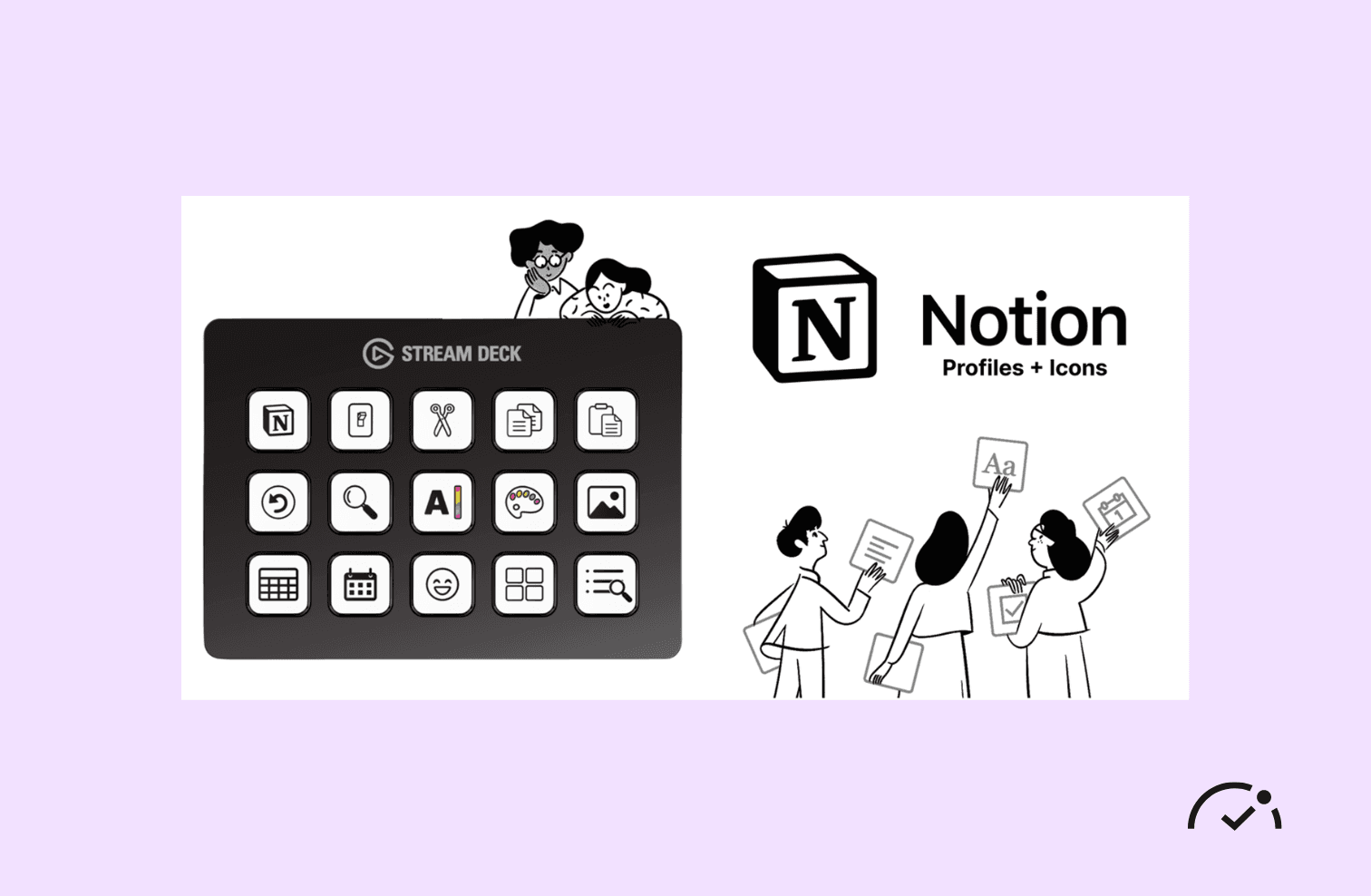
Features
Notion is packed with features that can help you boost your productivity. Here are just a few of the things you can do with Notion:
Create blocks: Notion's basic building block is the block. You can create a variety of different blocks, including text blocks, to-do list blocks, and image blocks.
Organize your blocks: You can organize your blocks in a variety of ways, including by creating pages, boards, and calendars.
Add links and attachments: You can add links and attachments to your blocks, so you can keep all of your information in one place.
Collaborate with others: You can collaborate with others on Notion pages, so you can work on projects together.
Customize your workspace: You can customize your Notion workspace to fit your needs, with features like themes, fonts, and icons.
Benefits
Using Notion can offer a number of benefits, including:
Increased productivity: Notion can help you increase your productivity by helping you stay organized and on track.
Reduced stress: Notion can help you reduce stress by helping you manage your workload and deadlines.
Improved time management: Notion can help you improve your time management skills by helping you prioritize your tasks and stay focused.
Increased motivation: Notion can help you increase your motivation by helping you set goals and track your progress.
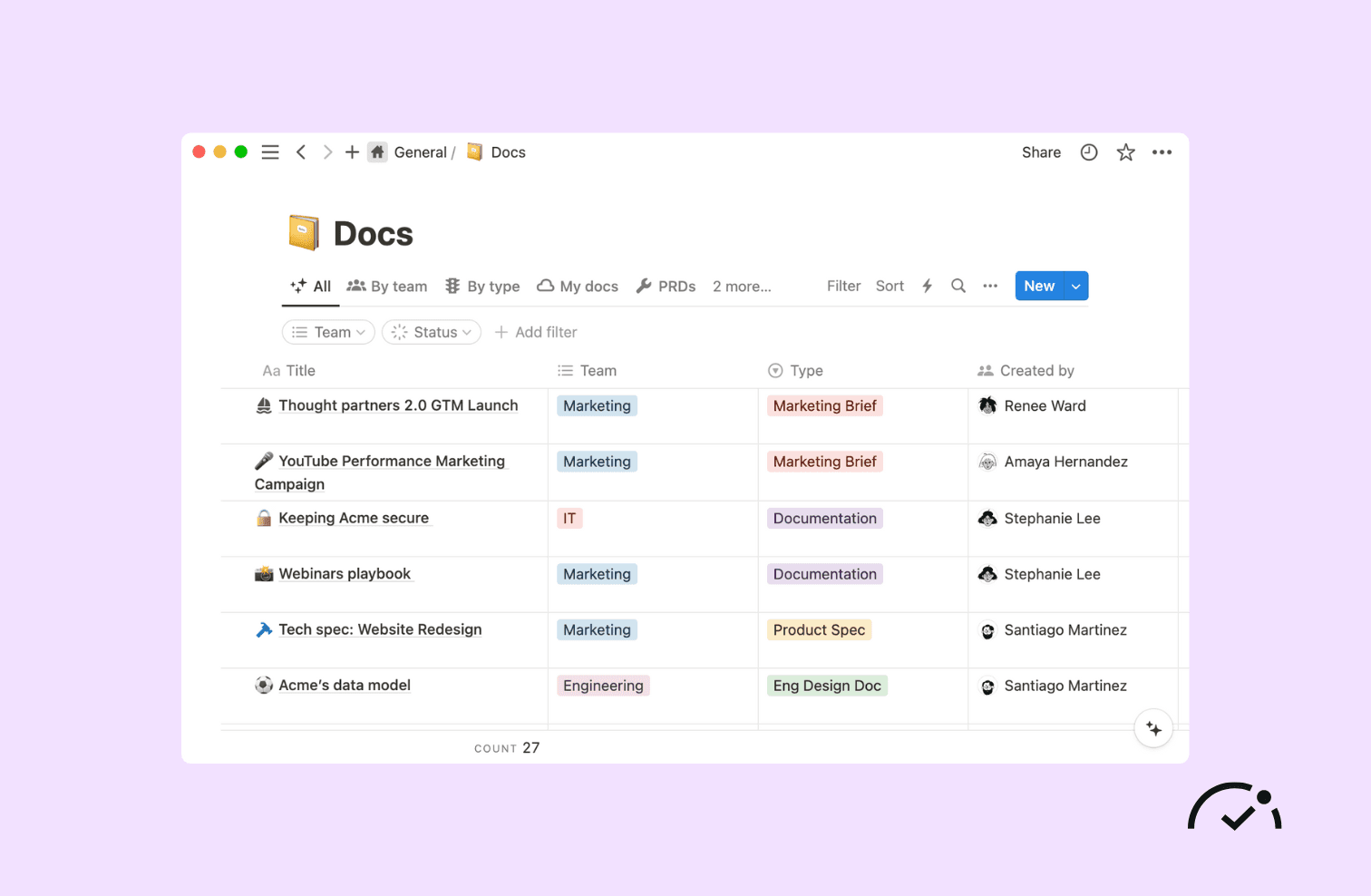
Getting Started
Getting started with Notion is easy. Just follow these steps:
Create a Notion account.
Start creating pages and adding blocks!
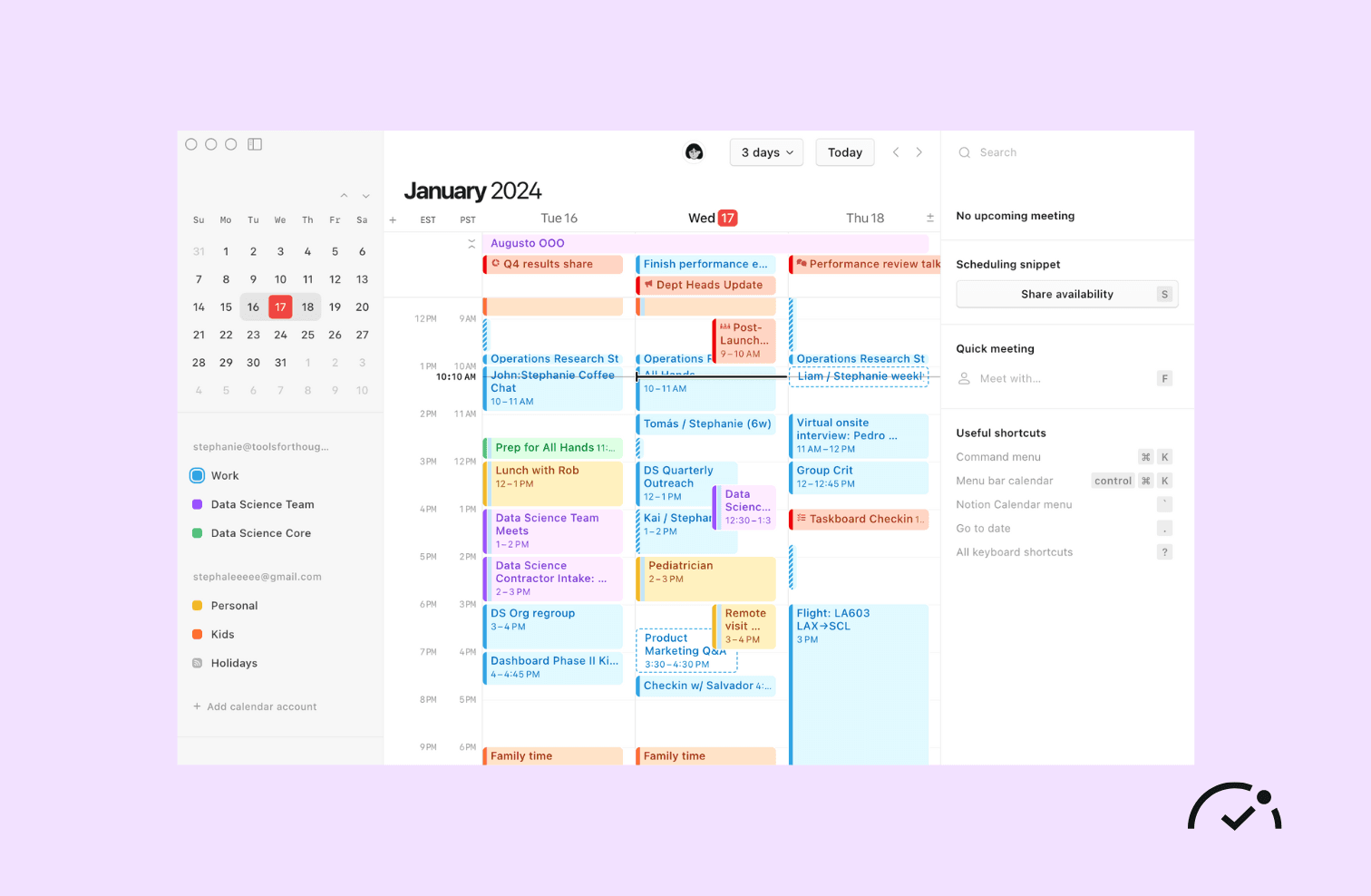
Tips
Here are a few tips for getting the most out of Notion:
Use the different block types to organize your information in a way that works for you.
Use templates to get started quickly.
Use the search bar to find information quickly.
Use the keyboard shortcuts to save time.
Collaborate with others to work on projects together.
Customize your workspace to fit your needs.
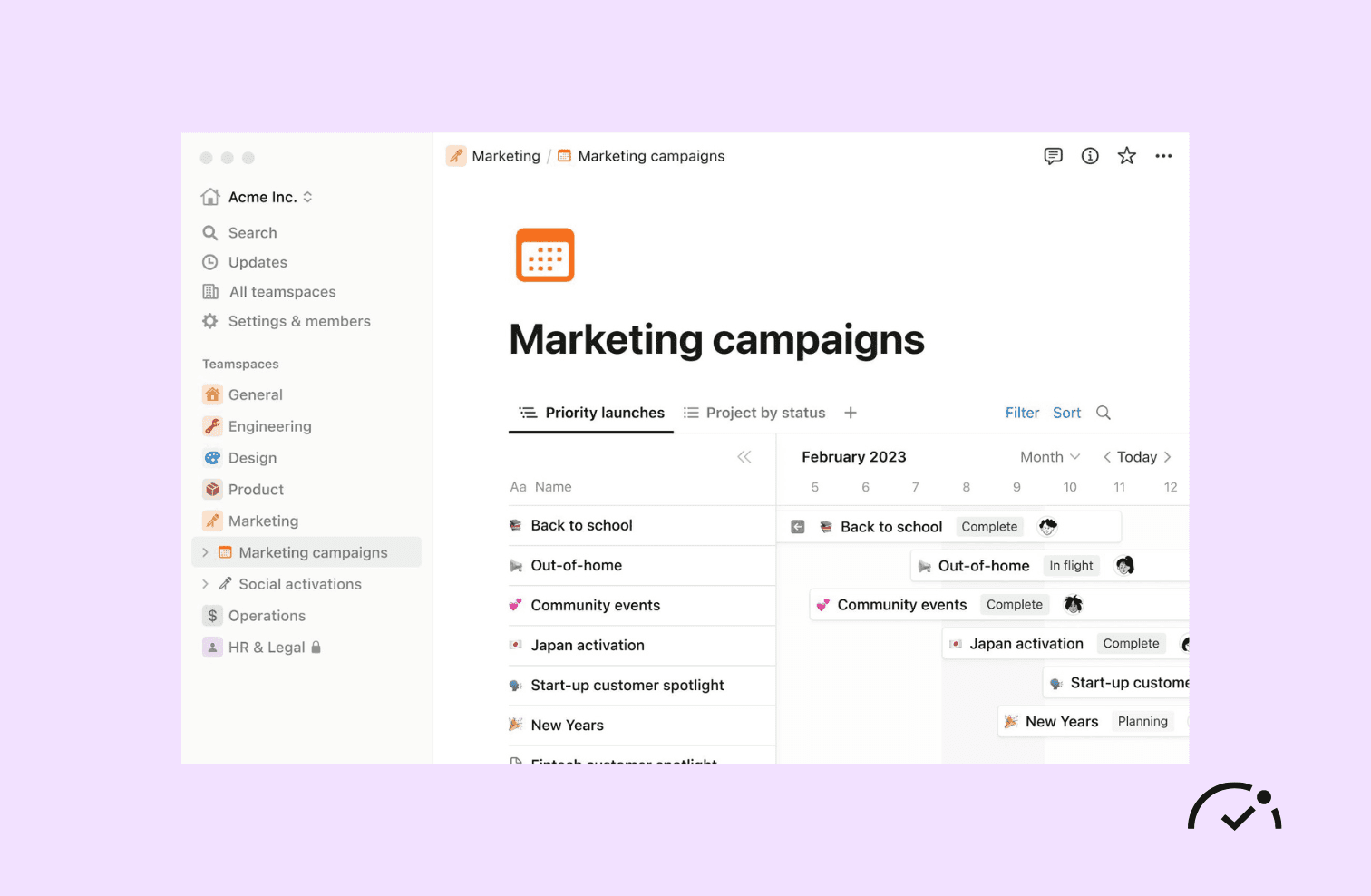
Conclusion
Notion is a powerful all-in-one workspace that can help you take your productivity to the next level. With its many features and benefits, Notion is a great tool for anyone who wants to stay organized and on track.
3. Google Calendar
In the ever-evolving dance of life, managing time effectively is a constant struggle. Between appointments, deadlines, and personal commitments, keeping track of everything can feel like juggling flaming chainsaws. Thankfully, technology offers a powerful ally: Google Calendar.
A Familiar Friend: Unveiling Google Calendar's Core Features
For many of us, Google Calendar is a familiar sight. Integrated seamlessly with the Gmail ecosystem, it offers a user-friendly interface that simplifies scheduling and organization. Here's a breakdown of its core features:
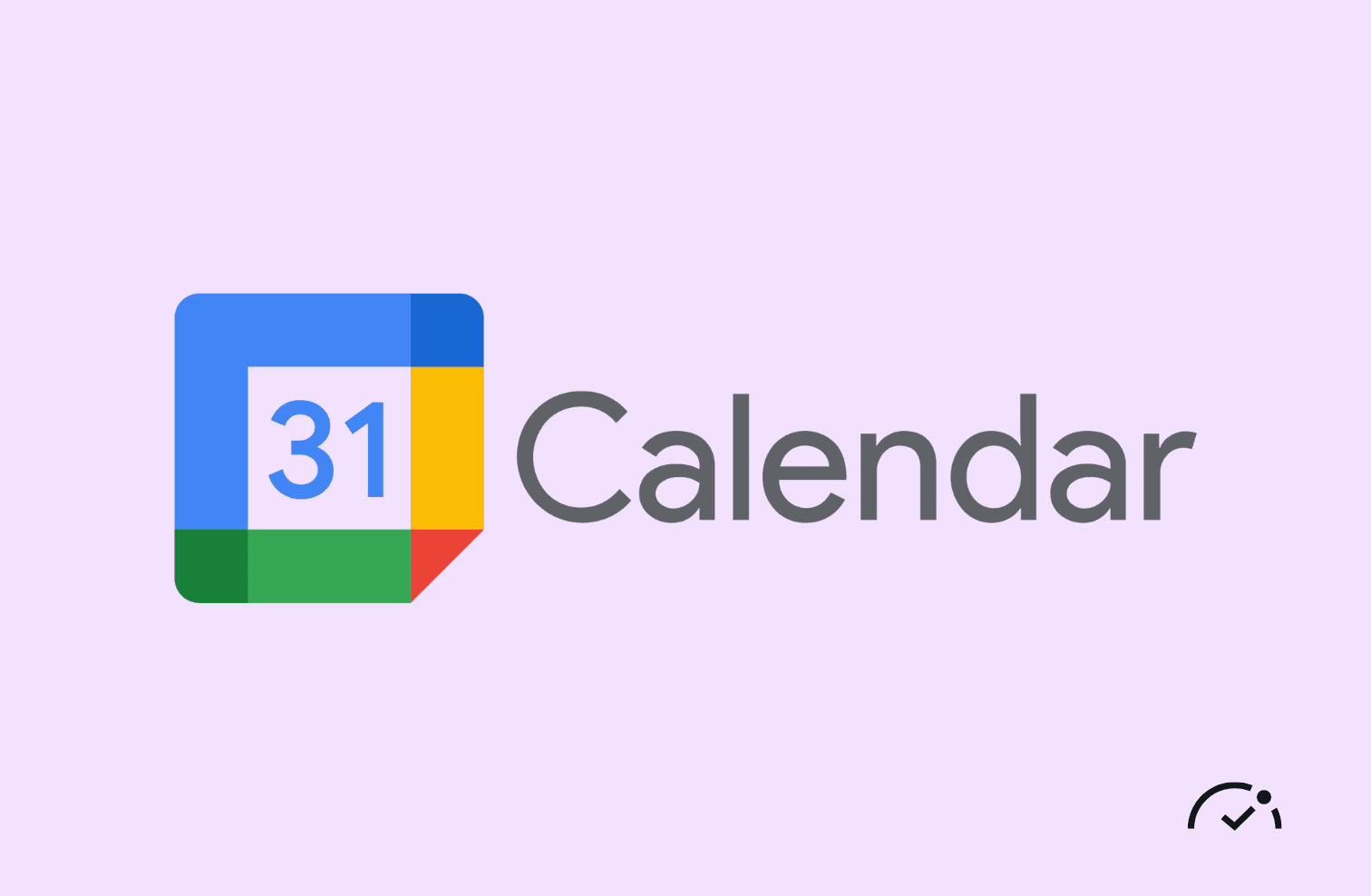
Event Creation: At the heart of Google Calendar lies the ability to create events. Simply provide a title, date, and time, and voilà! You can also add details like descriptions, locations, attendees, and video conferencing links.
Calendar Views: Google Calendar offers multiple calendar views to suit your needs. Choose from a daily view for a detailed breakdown of your day, a weekly view for a bird's-eye perspective of your upcoming week, or a monthly view for broader planning.
Reminders and Notifications: Never miss an important appointment again! Google Calendar allows you to set up reminders for your events, ensuring you receive timely notifications via email or pop-up windows.
Color Coding and Categorization: Enhance visual organization by assigning colors to different event categories like work meetings, personal appointments, or exercise routines. This allows for quick identification of priorities and types of events within your schedule.
Sharing and Collaboration: Planning doesn't have to be a solo act. Share your calendar or specific events with colleagues, family, or friends. This fosters collaboration, ensures everyone stays on the same page, and avoids scheduling conflicts.
Integration with Other Google Tools: The beauty of Google Calendar lies in its integration with other Google tools like Gmail, Drive, and Docs. This seamless integration allows you to access your calendar, create events from emails, and even add calendar links to documents, streamlining your workflow.
Beyond the Basics: Power Features for Advanced Users
Google Calendar isn't just for simple scheduling. It offers a treasure trove of features for those who crave deeper control over their time management:
Goals: Set recurring goals like daily exercise or meditation, and track your progress within Google Calendar. This visual representation helps you stay motivated and accountable.
Weather Integration: Sync your calendar with weather forecasts, allowing you to plan outdoor activities or reschedule meetings in case of unexpected rain or snow.
Tasks: Google Calendar integrates to-do lists from apps like Google Tasks, providing a holistic view of both your events and actionable items. This eliminates the need to switch between apps, keeping everything centralized.
Quick Add: Need to create an event on the fly? Google Calendar's "Quick Add" feature allows you to simply type in a natural language description like "Lunch with John at 1 PM" and watch it automatically transform into a scheduled event.
Time Zone Management: Working with international colleagues? Google Calendar helps you manage time zones seamlessly. View events in different time zones, schedule meetings across continents, and avoid scheduling conflicts due to time zone differences.
Offline Access: Don't worry about losing internet connectivity. Google Calendar allows you to view and edit existing events even when offline. Your calendar automatically syncs once you regain connectivity.
Public Calendars: Google Calendar features a plethora of public calendars, covering everything from holidays and sports schedules to religious observances and local events. Subscribe to relevant calendars to stay informed and plan accordingly.
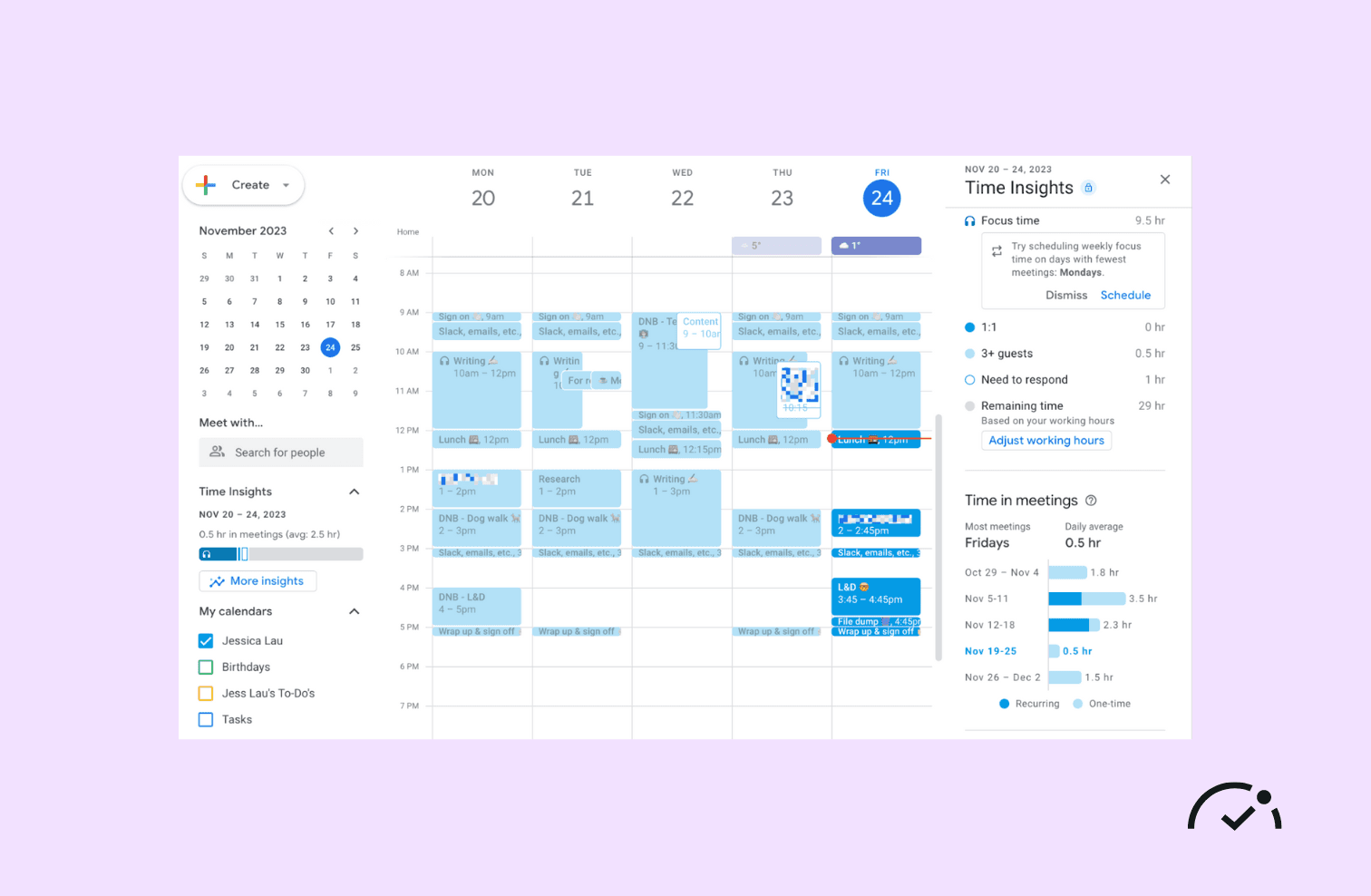
Tips and Tricks for Mastering Google Calendar
Now that you're armed with knowledge of Google Calendar's features, here are some tips to maximize its potential:
Color Code Strategically: Use colors not just for event categories but also for priority levels. Red events might represent urgent deadlines, while green could signify less time-sensitive meetings.
Leverage Recurring Events: For recurring events like weekly team meetings or monthly gym sessions, set them as recurring to save time and avoid manual scheduling for each instance.
Utilize Travel Time Estimation: Google Calendar can estimate travel time between event locations. This helps you schedule realistically and avoid scheduling meetings too close together, leaving buffer time for travel.
Description Power: Don't underestimate the power of event descriptions. Include relevant information like meeting agendas, document links, or video conferencing details within the event description for easy access.
Master Keyboard Shortcuts: Learn keyboard shortcuts for frequently used actions like creating events, setting reminders, or switching between calendar views. This saves clicks and boosts your overall efficiency.
Utilize Google Assistant: Google Assistant integrates with Google Calendar. Use voice commands to create events, check your schedule, or get reminders on the go. This is particularly helpful for hands
Professionals and the Power of Daily Planning Apps: Optimizing Workflow and Boosting Productivity
In today's fast-paced professional landscape, staying organized and productive is paramount. Juggling daily tasks, managing complex projects, and meeting deadlines requires a strategic approach. This is where daily planning apps come into play, offering professionals a robust toolkit to streamline their workflow and achieve peak performance.
The Core Functionalities: A Foundation for Success
At the heart of daily planning apps lie features that cater to the specific needs of professionals:
Task Management: These apps function as digital task managers, allowing professionals to create comprehensive lists of tasks. Whether it's crafting a presentation, sending follow-up emails, or prepping for a client meeting, every task can be meticulously listed and categorized.
Habit Tracking: Building and maintaining positive habits is crucial for professional success. Daily planning apps often integrate habit tracking features, allowing users to monitor progress on habits like attending industry events, dedicating a bit of time to professional development, or maintaining a healthy sleep schedule.
Upcoming Tasks: Staying ahead of the curve is essential. Professionals can utilize the upcoming tasks view to visualize their workload, prioritize tasks based on urgency and importance, and ensure they're prepared for what lies ahead.
Repetitive Tasks: Many professional roles involve repetitive tasks like sending weekly reports or conducting daily team check-ins. Daily planning apps often allow for scheduling tasks to recur at specific intervals, saving professionals valuable time and ensuring consistency.
Schedule Tasks: The ability to schedule tasks within the app is a game-changer. Professionals can block out dedicated time slots for specific tasks, ensuring a focused and efficient workflow. This helps prevent multitasking and promotes a more structured approach to daily activities.
Daily Schedule: Visualizing your daily schedule within the app fosters a sense of control and clarity. Professionals can see their entire day mapped out, including meetings, calls, deadlines, and breaks, ensuring they don't become overwhelmed.
Collaboration and Communication: Working Together Seamlessly
For professionals who work on collaborative projects, daily planning apps offer invaluable features:
Online Planner: These apps function as online planners, accessible from any device. This allows team members to share the same day planner, view assigned tasks, track overall project progress, and ensure everyone is on the same page.
Meeting Notes: Capturing important details during meetings is crucial. Some daily planning apps offer a meeting notes feature, allowing professionals to record key points, action items, and next steps within the app itself, ensuring information isn't lost or forgotten.
Task Management Tool: As a powerful task management tool, these apps facilitate delegation and collaboration. Professionals can assign tasks to team members, set deadlines, and monitor progress in real-time, fostering accountability and fostering a streamlined workflow.
Calendar Events: Daily planning apps often integrate seamlessly with existing calendars like calendar events in Google Calendar. This allows professionals to maintain a unified view of their schedule, including both personal and professional commitments.
Enhanced User Experience and Customization: Tailoring the App to Your Needs
Daily planning apps prioritize user experience (UX) to ensure a smooth and intuitive experience for professionals:
User Experience (UX): Modern daily planning apps boast user-friendly interfaces that are easy to navigate even for non-tech-savvy users. This ensures professionals can quickly grasp the app's functionalities and integrate it seamlessly into their daily routine.
Customization Options: These apps offer various customization options to cater to individual preferences. Professionals can personalize their workspace by setting themes, customizing task views, and adjusting notification settings to create an environment that fosters optimal productivity.
Task Prioritization: Prioritizing tasks effectively is essential for maximizing productivity. Daily planning apps allow professionals to prioritize tasks based on urgency and importance, ensuring they focus on the most critical elements first.
Advanced Functionalities for the Power Users
For professionals managing complex projects or seeking an extra edge, many daily planning apps offer advanced features:
Time Tracker: Some apps integrate a time tracker functionality, allowing professionals to monitor how much time they dedicate to specific tasks and projects. This data-driven approach can help identify areas for improvement and optimize time allocation.
Additional Features: These apps often boast a range of additional features that cater to specific professional needs. This might include features like file attachments, budgeting tools, note-taking functionalities, or integration with third-party productivity apps.
The Power of Planning with BeforeSunset AI
Staying productive can feel like an uphill battle. Between overflowing inboxes, endless to-do lists, and the constant buzz of notifications, it's easy to lose focus and feel overwhelmed.
But what if there was a way to reclaim control of your time, prioritize your well-being, and achieve peak productivity? Enter BeforeSunset AI, a revolutionary productivity tool that empowers you to become the master of your workday.
BeforeSunset AI breaks away from the traditional, one-size-fits-all approach to planning. It recognizes that you, as an individual, have unique needs and preferences. Here's how BeforeSunset AI leverages cutting-edge features to help you unlock the power of planning and create a schedule that works for you:
Craft Your Ideal Day with Time Blocking:
BeforeSunset AI utilizes the powerful time-blocking technique. This method involves carving out specific time slots in your calendar dedicated to focused work on specific tasks. You can choose to collaborate with BeforeSunset AI's intelligent assistant to craft your ideal schedule, or you can build it manually, ensuring your to-do list seamlessly integrates with your existing calendar.
Gain Valuable Insights with Time Tracking:
Ever wonder how much time you truly spend on specific tasks? BeforeSunset AI provides a built-in time tracker. Simply activate the timer for each task, and gain valuable insights into your time allocation. This data empowers you to identify areas for improvement and optimize your schedule for maximum efficiency.
Become Your Best Planner with Personal Analytics:
BeforeSunset AI goes beyond just creating a schedule. It equips you with the tools to become a self-improvement pro. The Personal Analytics screen acts as your personal productivity command center. Track your progress, analyze your strengths and weaknesses, and gain valuable insights that will help you refine your planning strategies and become the best planner you can be.
Unleash the Power of AI Assistance:
Feeling overwhelmed by the sheer volume of tasks on your plate? BeforeSunset AI's AI Assistant is here to save the day. This intelligent feature can automatically plan your day, transform ambiguous tasks into actionable steps, and even generate subtasks to ensure clear and manageable workflows. Let go of the burden of manual planning and embrace the power of AI-powered organization.

